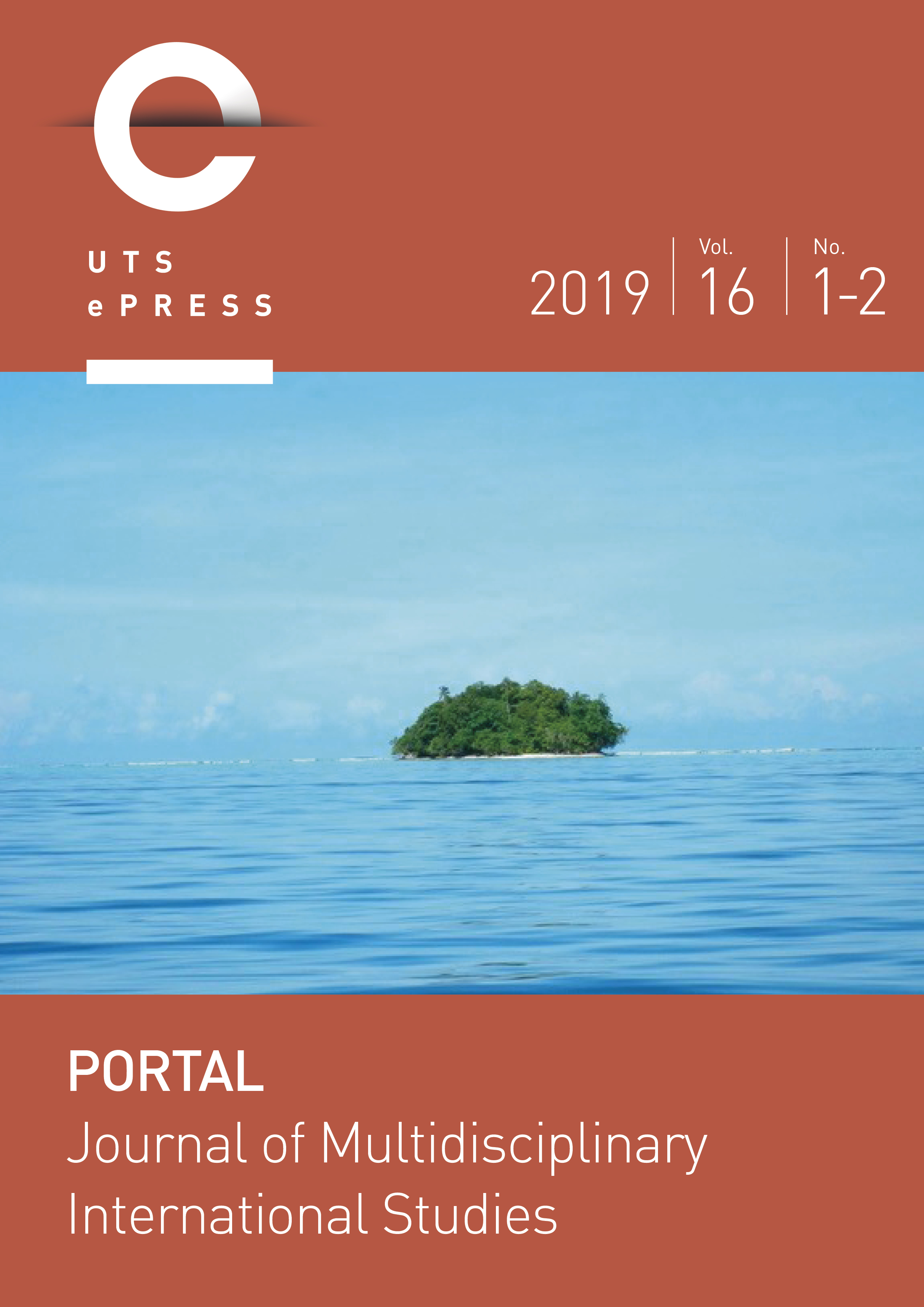‘He Wasn’t Able to Understand What I Was Saying’: The Experiences of Returnees’ Speaking Western Armenian in ‘Eastern’ Armenia
Main Article Content
Abstract
Since Armenia’s independence in 1991, thousands of diasporans have made the decision to return and settle in the ancestral homeland. The returnees, who speak Western Armenian, one of the two standardised forms of modern Armenian, are switching to the use of Eastern Armenian, the official variant of the homeland. Using two determinants of language perception—standardisation and vitality—this paper analyses the reactions received by thirty returnees who emigrated from nine countries, when speaking Western Armenian to an Eastern Armenian-speaking society. The vitality of the language shows signs of increasing through an encouragement by locals aware of the language’s historical significance, and an admiration of its ‘beauty’ and terminology. A heightened vitality has led returnees to feel confident about its use during social interactions and the possibility of the standard being incorporated into the nation’s linguistic narrative. However, confusion and ridicule due to a differing pronunciation, vocabulary, terminology, and the inability to be understood by some in Armenian society, has led to discomfort by returnees who are shifting to the usage of Eastern Armenian. At present, the use of Western Armenian in the homeland remains within the confines of family, friends and returnee circles. Despite the changing status of Western Armenian through a notable welcoming of the language into the linguistic narrative of the country, some segments of Armenian society do not perceive Western Armenian as an acceptable standard for broader use in Armenian society and national institutions. The homeland’s inconsistent, and at times questionable, acceptance of the language perpetuates the status quo that Western Armenian remains an unacceptable standard within the homeland and for use only in the diaspora.
Article Details
Section
For submissions from 31st March 2014 onwards, authors who submit articles to this journal for publication agree to the following terms:
a) Retaining Copyright and Granting Rights:
Authors retain copyright and grant the journal the right of first publication. The work is simultaneously licensed under a Creative Commons Attribution License, allowing others to share and adapt the work. Acknowledgment of the work's authorship and initial publication in this journal is required.
b) Non-Exclusive Distribution:
Authors may enter into separate, additional contractual arrangements for the non-exclusive distribution of the journal's published version of the work (e.g., posting to an institutional repository or publishing in a book). Acknowledgment of its initial publication in this journal is required.
c) Online Posting and Citation Advantage:
Authors are encouraged to post their work online (e.g., in institutional repositories or on their website) prior to and during the submission process. This may lead to productive exchanges and earlier and greater citation of the published work (See The Open Access Citation Advantage Service). If authors include the work in an institutional repository or on their website, they must acknowledge the UTS ePRESS publication with relevant details.
d) Creative Commons Attribution (CC-BY) License Awareness:
Authors should note that the CC-BY License permits readers to share (copy and redistribute) and adapt (remix, transform, build upon) the work for any purpose, including commercial use. Proper credit, a link to the license, and indication of any changes made must be provided. The manner of doing so must not suggest endorsement by you or your publisher.
For Volume 10 No 2 (2013) and earlier, the following copyright applied:
Authors submitting a paper to UTSePress publications agree to assign a limited license to UTSePress if and when the manuscript is accepted for publication. This license allows UTSePress to publish the manuscript in a specific issue.
Articles published by UTSePress are protected by copyright, with rights retained by the authors, who assert their moral rights. Authors control translation and reproduction rights to their works published by UTSePress. All rights are reserved worldwide by UTSePress, and downloads of specific portions are permitted for personal use only, not commercial use or resale.
For reprint or usage permissions, please direct inquiries to UTSePress via the journal's main editor, Dr. Nicholas Manganas at [portal.scholarly.journal@gmail.com]. Reprint permission requires acknowledgment of both UTSePress and PORTAL in the format advised by the journal editor.
